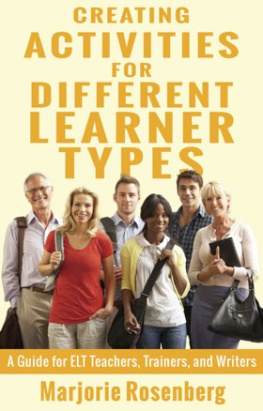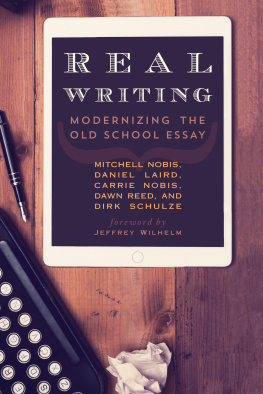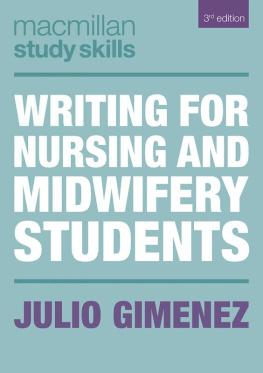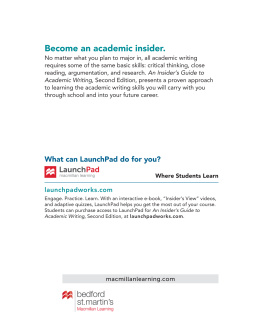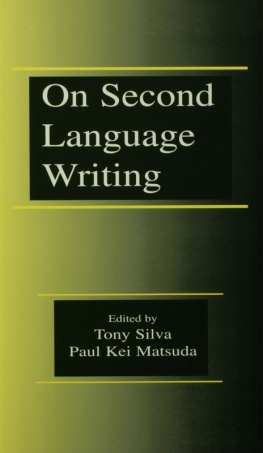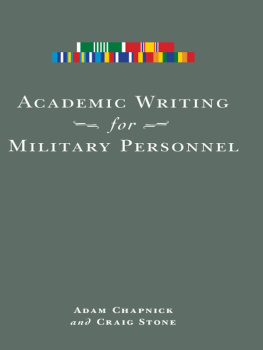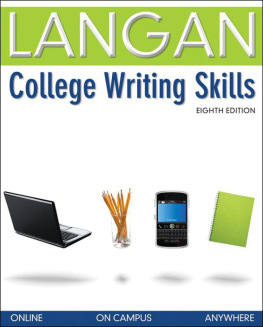First published 2004 by Paradigm Publishers
Published 2016 by Routledge
2 Park Square, Milton Park, Abingdon, Oxon OX14 4RN
711 Third Avenue, New York, NY 10017, USA
Routledge is an imprint of the Taylor & Francis Group, an informa business
Copyright 2004, Taylor & Francis.
All rights reserved. No part of this book may be reprinted or reproduced or utilised in any form or by any electronic, mechanical, or other means, now known or hereafter invented, including photocopying and recording, or in any information storage or retrieval system, without permission in writing from the publishers.
Notice:
Product or corporate names may be trademarks or registered trademarks, and are used only for identification and explanation without intent to infringe.
Library of Congress Cataloging-in-Publication Data
Mitchell, Candace.
Writing and power : a critical introduction to composition studies / Candace Mitchell.
p. cm.
Includes bibliographical references and index.
ISBN 1-59451-020-2 (hardcover : alk. paper) ISBN 1-59451-021-0
(pbk. : alk. paper)
1. English languageRhetoricStudy and teachingSocial aspects. 2. English languageComposition and exercisesStudy and teachingSocial aspects. 3. Report writingStudy and teachingSocial aspects. 4. Power (Social sciences) I. Title. II. Series.
PE1404 .M58 2003
808.042071dc22
2003018110
Designed and Typeset by Straight Creek Bookmakers.
ISBN 13 : 978-1-59451-020-5 (hbk)
ISBN 13 : 978-1-59451-021-2 (pbk)
Throughout this book I argue that writing is a social activity linked in its many guises to cultural, ideological, and historical circumstances that shape and reshape its discursive form and intent. The reality of what I argue takes on a powerful and personal significance as I write these acknowledgments, allowing me to recognize that Writing and Power, though authored by me, is truly a socially constructed text. This book would not have come to fruition without the many lectures, discussions, and critical and supportive feedback from colleagues and friends that helped shape it, as well as the availability of the published work of so many others and the help of the committed employees of Paradigm Publishers.
I thank first James Paul Geemy dissertation advisor, mentor, and true friendwhose linguistic arguments and brilliant text analyses led me from a constrained view of language dominated by syntax and pragmatics to a whole new world of radical, social literacies that links language and culture in a manner that would forever change my view of the world. James Gee also led me through the primary research component contained in Writing and Power and relentlessly prodded me into completing my dissertation; he was determined not to give up on me. Thank you, Jim.
I thank Henry Girouxmy comrade, my brother, my friendfor teaching me so much during the years we worked so closely together to bring radical, cutting-edge work in the sociology of education and critical pedagogy to publication in the Journal of Education while it was situated within the conservative confines of John Silbers Boston University. It was a decades ride well worth taking. I have learned, and continue to learn, so much from you. Thank you, Henry.
I thank Donaldo Macedomy mentor, my colleague, my friendfor his intellectual integrity and his continuous support, encouragement, and critical reading of this book in manuscript form. When even I doubted I would ever complete this work, Donaldo assured me that I would and, moreover, that I must. He gave me books and articles to read, suggested revisions, and questioned me very often about my progress. I had no choice: finish the book or listen to Donaldos questions forever. We have worked together for more years than I care to mention, and through them all I have remained energized intellectually in good part due to the enormous critical intellectual power and stature Donaldo brings to every project and enterprise he undertakes. Thank you, Donaldo.
I thank Ellen Rintell, who was the teaching assistant in the first course I ever took at the graduate level. I wanted to learn what Ellen knew and was thus inspired to continue on for a masters and then a Ph.D. We have been the best of friends for years, supporting one another through the raising of children and the maneuvering of the hurdles academia places in ones path. Her support and encouragement throughout these years have meant a great deal to me. Thank you, Ellen.
I thank my colleagues in the Applied Linguistics Program at the University of Massachusetts Boston (UMB)Chuck Meyer, Pepi Leistyna, Corinne Etienne, Maureen Hawkins, and Lilia Bartolomefor their support and for taking up the slack. And to Lauren Mayhew at the Center for World Languages and Cultures: I thank you too. Without the help of my colleagues this book would not exist. I also thank Nancy Smith-Hefner, my former colleague, for her guidance, wisdom, and devoted friendship during the years we worked together at UMB. I miss you, Nancy, and thank you for all that you have done for me.
I thank Charles Tontar for handling all things technical, for I do not have a clue. Without your help I might have deleted my entire manuscript and had to begin anew.
Thanks also to Wendy Tsapatsaris, Nick Tsapatsaris, Sheryl Norris, Norma Audy, Chris Tunstall, and all my comrades on Jefferson Street and thereaboutsCary, Rob, Kay Kay, Kay, Gary, Evelyn, Maria, Mindy, Ron, Sharon, Steve, Robin, Carole, Doug, Douglas Ford, and my whole familyespecially Jenni, who transcribed all taped dialogues, classes, and meetings! Thank you to Laurie Fraser for helping put my body back in working order, Dr. Daniel B. Carr for continuing to fight the physical pain, and to my lawyer, Amy Carlin, for winning my case. Without your help this book would not have been written.
I thank Dean Birkenkamp, president of Paradigm Publishers, for having the faith and courage to support Writing and Power, Julie Kirsch for her prompt and careful copyediting, and Michael Peirce for his contribution to the process of pulling the book together. It was a pleasure to work with all at the press.
I thank the extraordinarily helpful employees of WGBH public television in Boston, who led me to their affiliate in Pittsburgh, WQED. Linda Anderson and Quilan Murphy kindly directed me to Steve Friedman, copyright expert and computer whiz extraordinaire. After many, many more calls I learned that the fabulous American Roots Music series was produced by Ginger Group Productions in New York City. The kind people at Ginger Group led me to Carla and Sue, and to the opportunity to cite a compelling stanza from Floyd Red Crow Westermans song Wounded Knee. I thank you all, and apologize for not asking everyone with whom I spoke for their name.
Finally, I thank Sarah, Alan, Zola, Tan, and Araya, who so generously and willingly gave of their time.
Critical educators need to challenge those educational discourses that view schooling as a decontextualized site free from social, political, and racial tensions. What has to be stressed is the primacy of the political and the contextual in analyzing issues of culture, language, and voice. Henry Giroux,



